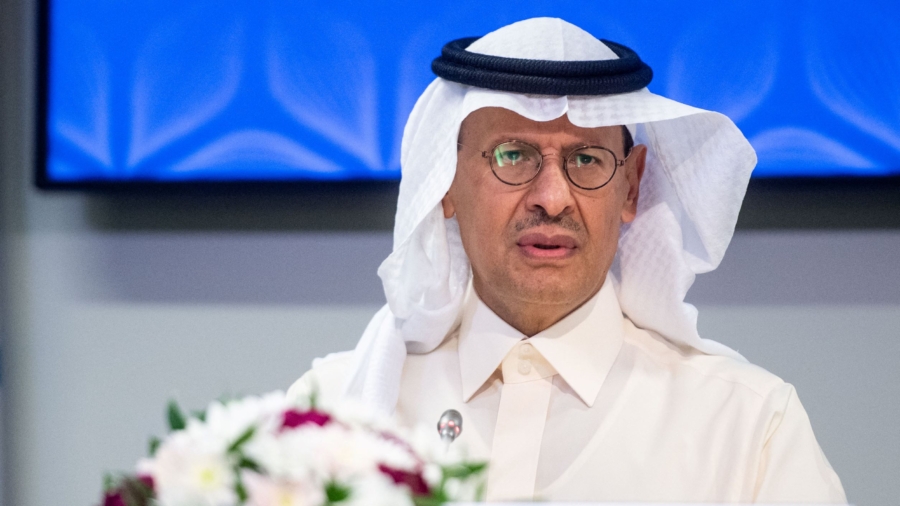Just a day after OPEC+ roiled the White House with its decision to slash oil production by 2 million barrels per day, the cartel’s key decision-maker Saudi Arabia decided to hold crude prices steady for Asian markets and lower those for Europe, defying market expectations for increases.
Saudi Arabia’s state-controlled Saudi Aramco left November prices unchanged on its Arab Light grade crude at $5.85 per barrel premium above the average of the regional Oman/Dubai benchmark.
A Bloomberg survey of traders and refiners showed that markets expected the price of Arab Light to go up by 40 cents, while a Reuters poll predicted a 25-cent increase.
Respondents to the Reuters survey said they expected bigger price increases for Arab Medium and Arab Heavy grades for Asia, but Aramco raised these by a relatively modest 25 cents.
Aramco lowered all grades for Europe while all those for the United States went up by 20 cents.
The surprise announcement by Aramco to keep the key Arab Light grade prices steady comes a day after the OPEC+ alliance, led by Saudi Arabia, delivered its biggest production cut in years, prompting a series of Wall Street investment banks to boost their crude price predictions.
Goldman Sachs analysts raised their fourth-quarter 2022 Brent crude forecast by $10 to $110 per barrel. The oil team at Morgan Stanley raised its first-quarter 2023 Brent price prediction from $95 per barrel to $100. ING analysts boosted their expectations for Brent crude from $90 to $97 per barrel for all of 2023.
$90 Oil ‘Non-Negotiable’ for OPEC+
Some industry analysts have said OPEC+’s move to cut output was a bid to stem the decline in oil prices, which hit about $120 per barrel during spring but have since slumped to roughly $90 per barrel on fears of an economic slowdown.
Stephen Brennock, of oil broker PVM, told Reuters that “$90 oil is non-negotiable for the OPEC+ leadership, hence they will act to safeguard this price floor.”
At a press conference following OPEC+’s decision to cut output, Saudi Energy Minister Abdulaziz bin Salman insisted the move came in response to energy market volatility.
“We are here to stay as a moderating force, to bring about stability,” he told reporters while dismissing suggestions that the cuts could be seen as an act of “belligerence.”
‘The President Is Disappointed’
Ahead of OPEC+’s decision, draft White House talking points to the U.S. Treasury Department, as per CNN, described the expected cuts as a “total disaster” and stated that they could be seen as a “hostile act.”
After OPEC+ announced the cuts, the White House directed a sharp rebuke toward the alliance.
“The President is disappointed by the shortsighted decision by OPEC+ to cut production quotas while the global economy is dealing with the continued negative impact of [Russian President Vladimir] Putin’s invasion of Ukraine,” National Security Advisor Jake Sullivan and National Economic Council Director Brian Deese said in a statement following OPEC+’s announcement.
Sullivan and Deese added that the Biden administration would release another 10 million barrels from the Strategic Petroleum Reserve (SPR) “to protect American consumers and promote energy security.”
ING analysts said in a note that given the SPR has been aggressively drawn down and is now at its lowest levels since 1984 there will be limits on how much more the Biden administration can release to hold down prices.
“Ultimately, OPEC+ can cut output for longer than the U.S. can tap into its SPR,” ING analysts said.
Reuters contributed to this report.
From The Epoch Times

